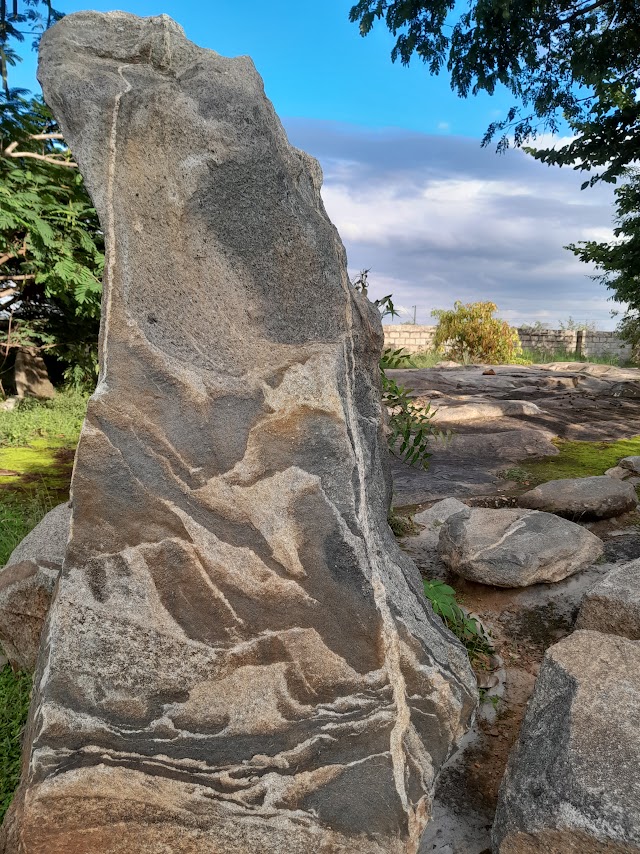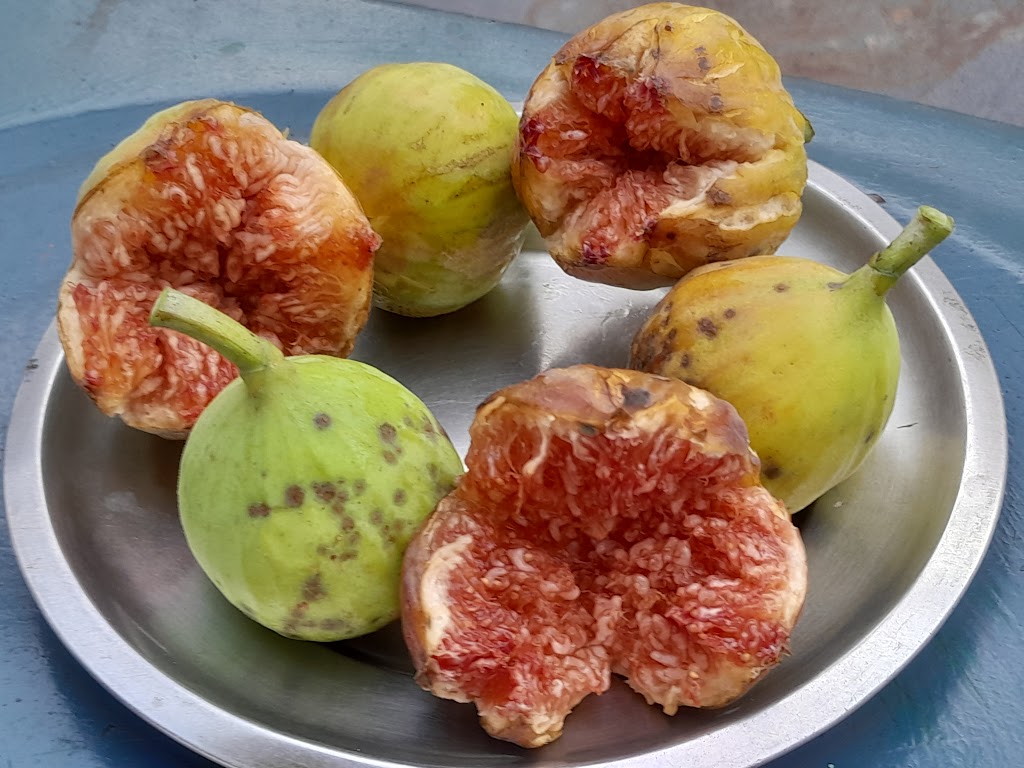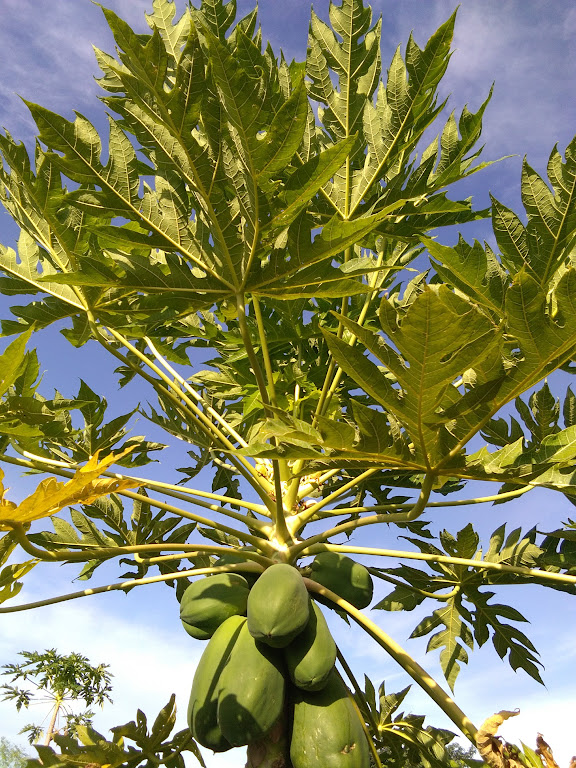Why is everyone talking about nature healing & body wisdom?
Our research on methods of curing diseases have proven that the best results happen when persons are enabled to allow nature healing and body wisdom to take its rightful place in their lives.
Nature has long been known for its ability to provide healing and restoration to the mind and body. From time immemorial, humans have sought without fail the solace of nature to heal their wounds, restore their spirit, and revitalize their mind. The power of nature healing and body wisdom has been studied extensively in recent years. There is now a growing body of evidence that supports the positive effects of nature on health and wellness.

Everyone accepts the fact that nature offers respite from the constant stimulation and strain from modern life of rat race. And so we have the weekend rush to beaches, or hill stations. The natural environment provides a soothing and calming atmosphere, which can help stress reduction, overcoming anxiety, and depression. Exposure to nature has been shown to lower cortisol levels, a hormone associated with stress, and increase parasympathetic activity, which is associated with relaxation and restoration.
In addition to stress reduction, nature also have positive effects on the immune system. Studies prove that spending time in nature can increase natural killer cell activity, which is associated with improved immune function. Exposure to nature has also been linked to a reduction in inflammation, which is a contributing factor in many chronic diseases.
Nature also has positive effects on mental health. Exposure to nature is recommended to reduce symptoms of depression, anxiety, and attention deficit hyperactivity disorder (ADHD). Spending time in nature increase happiness, wellness, and vitality, and to reduce feelings of anger, frustration, and sadness.

Rock garden at Sparrow’s Nest,, Bangarapet
Besides improving mental health, nature can also have positive effects on cognitive function. Exposure to nature has been linked to improved memory, attention, and creativity. It is well known that professionals who spent time in a natural environment performed better on various intellectual tasks than those in a crowded urban environment.
Among the many ways to engage with nature and harness its healing power, ecotherapy, which involves spending time in nature to revitalize physically and improve mental health is one of the best. This can involve a range of activities, including gardening, hiking, nature walks, and nature-based mindfulness practices.
Bathing is a popular method of nature healing that has been practiced in Kerala. Bathing involves spending time in a flowing stream or river, taking in the atmosphere. The practice has been recommended traditionally by health care providers to heart patients. In modern times, instead of taking a shower, bathing in a tub is advised to reduce stress, lower blood pressure, and improve overall sense of well-being.
Horticultural therapy is yet another form of nature healing that involves engaging in gardening activities. Horticultural therapy uplifts good mood, results in stress reduction, and improve quality of life. This practice has been used to treat a range of conditions, including depression, anxiety, and post-traumatic stress disorder (PTSD).
Mindfulness practices in nature have become increasingly popular as a form of nature healing. Mindfulness practices invites persons to intentionally pay attention to the present moment and engaging with nature in a focused manner. The effect is not only improvement of mood reducing stress, but also enhancing better cognitive functioning.
In addition to these specific practices, there are many ways to incorporate nature into daily life to promote healing and wellness. Earthing i.e walking barefoot on a lawn, in a garden, simply taking a moment to appreciate the beauty of nature can have positive effects on mental and physical health.
In spite of the many benefits of nature healing, most of us today are disconnected from the natural world. Modern life is often characterized by a disconnection from nature, as people spend more time indoors and engage with technology and digital media. This disconnection is taking high toll producing negative effects on health and well-being, as studies prove.
To address this disconnection, it is important to make time to be in nature and engage with the natural world as a priority. This can involve incorporating nature into daily routines, such as taking a walk in a park during lunch or spending time in a garden on the weekends.
The therapeutic benefits received from spending time in nature is referred to as nature healing. It is based on the belief that being in natural environments, such as forests, parks, and gardens, can promote physical and mental health plus emotional wellness.

A lot of experimental studies prove that time spent in nature results in positive mental health and well-being. Exposure to nature lower stress levels, reduce depression and anxiety, and improve immune function. Close interaction with nature has also shown improved cognitive function, creativity, as well as increased happiness and wellness.
Some of the ways that nature can be used as a healing tool include hiking, birdwatching, or simply spending time outdoors in quiet reflection. Nature’s therapeutic effect bring natural recovery and healing in mental, emotional, and physical health. It offers a simple, and cost-effective way to promote wellness.
Body the Marvelous natural healer
Most of us are not aware that our own body is the nearest nature! In fact, it is this nature which cures our sicknesses in the best manner. This capacity of the body to heal itself is called “body wisdom”. We talk so much about IQ and EQ, and forget about the PQ the physical intelligence.
The concept of “body wisdom heals” refers to the idea that the body has an innate ability to heal itself, and that by listening to and trusting the body’s own wisdom, individuals can promote healing and wellness.
There is increasing scientific evidence to support the idea that the mind-body connection plays an important role in health and healing. For example, studies have shown that practices such as mindfulness meditation, yoga, and tai chi can help stress reduction, lower blood pressure and improve immune function. These practices are thought to work by promoting relaxation and reducing the body’s stress response, which in turn can enhance the body’s natural healing mechanisms.

Many of the alternative and complementary healing modalities, such as acupuncture, massage therapy, and chiropractic, are based on the principle that the body has its own inherent healing ability, and that these therapies can help support and enhance that ability.
When we say, “body wisdom heals”, it highlights the importance of paying attention to our bodies and treating them with respect and care. By tuning in to the body’s signals and supporting its natural healing processes, individuals can improve their overall health and wellness.
Fasting for Nature Healing and Body Wisdom !
The groundbreaking experiments by which Yoshinori Ohsumi the Japanese cell biologist detected Autophagy. revealed the natural healing ability of body. He won the Nobel Prize for medicine in 2016. It has brought in very solid scientific evidence to the value of fasting an age old practice.
“Autophagy is the process by which cells in our body recycle cellular garbage including dead cells and pathogenic bacteria to produce energy and new cells. During a fast body works hard to produce sufficient protein to regenerate cells.” This process helps maintain cellular health and plays a crucial role in several physiological and pathological processes, including aging, cancer, and neurodegenerative diseases.
Fasting has been practiced for thousands of years for religious, cultural, and health reasons. In recent years, there has been renewed interest in fasting as a therapeutic strategy for various diseases, such as obesity, diabetes, and cancer. Some studies suggest that intermittent fasting, which involves alternating periods of fasting and feeding, can improve metabolic health and extend lifespan in animal models. However, more research is needed to fully understand the health benefits and risks of fasting in humans.
Fasting which has been shown to increase autophagy in various cell types and tissues. When the body is deprived of food, it triggers a series of metabolic and hormonal changes that promote autophagy. For example, the decrease in glucose and insulin levels during fasting can activate the AMPK and mTOR pathways, which are involved in regulating autophagy.
In short, autophagy is a natural cellular process that plays a crucial role in maintaining cellular health. Thus, the activation of autophagy by fasting has been associated with various health benefits. However, it is important to consult with a healthcare provider before starting a fasting regimen, especially for individuals with certain medical conditions.


Any Role for Food in Nature healing and Body wisdom?
Food is an essential component of human life. It provides us with the necessary nutrients to sustain ourselves. In addition to being a source of sustenance, food can also be used as medicine. This concept, known as “food as medicine,” emphasizes the power of nutrition in preventing and treating various illnesses and health conditions. In this essay, we will explore the ways in which food can be used as medicine and the scientific evidence supporting this approach.
The first step in understanding the concept of food as medicine is to recognize the vital role that diet plays in our overall health. The food we consume gets broken down into nutrients that our bodies need to function properly. These nutrients are vitamins, minerals, and amino acids essential for maintaining a healthy body and preventing chronic diseases. For instance, vitamin C ensures proper functioning of the immune system, while calcium that of bone health.
The growing evidence suggests that specific foods and eating patterns have significant impact on the prevention and treatment of various health conditions. For example, research has shown that a diet high in fruits and vegetables can lower the risk of developing chronic diseases such as heart disease and cancer. A balanced diet, which emphasizes whole grains, lean proteins, and healthy fats, has been shown to reduce the risk of cardiovascular disease, type 2 diabetes, and other chronic illnesses.
Food as Tool for Nature Healing and Body Wisdom
Food is used as a tool for treating specific health conditions. For example, the DASH diet (Dietary Approaches to Stop Hypertension) is a dietary pattern designed to lower blood pressure. This diet emphasizes fruits, vegetables, whole grains, and low-fat dairy products while limiting red meat, saturated fat, and added sugars. It is accepted by scientific studies that following the DASH diet can lower blood pressure and reduce the risk of heart disease.
Another example of using food as medicine is in the treatment of diabetes. A diet rich in whole grains, fruits, and vegetables, and low in saturated fats and added sugars, can help regulate blood sugar levels in people with diabetes. This type of diet can also help prevent the development of type 2 diabetes in individuals at risk for the condition.
Food can also be used as medicine to support mental health. Research has shown that a diet high in fruits, vegetables, and whole grains, and low in processed foods and added sugars, can reduce the risk of depression and anxiety. Nutrients, like omega-3 fatty acids found in certain fish, have been shown to have a positive contribution to mental wellness.
The natural and non-invasive approach is a very significant advantage of using food as medicine. This unique character of nature healing and body wisdom compared to pharmaceuticals, which often come with unwanted side effects, is its general safety and the good acceptance by persons of all ages. Additionally, food can be used in conjunction with other treatment approaches, such as medications or lifestyle changes, to achieve optimal health outcomes.
While the concept of food as medicine is not new, recent scientific research has provided new insights into the ways in which specific foods and dietary patterns can impact health. For example, the gut microbiome, the community of microorganisms that live in the digestive tract, has been shown to play a crucial role in overall health. Certain foods, such as fermented foods and high-fiber foods, can promote the growth of beneficial gut bacteria, which can have positive effects on various aspects of nature healing and body wisdom that includes immune function, mood, and digestion.
The use of food as medicine is also gaining traction in the medical community. Healthcare providers are increasingly recognizing the role of nutrition in preventing and treating chronic diseases. The new development of medical schools offering courses on nutrition, and some hospitals establishing culinary medicine programs, focus on using food as a tool for improving bodily wellness and mental health.
In our foodie culture, tickling of tongue is given priority. More than that food needs to be seen as means of maintaining physical and mental health. The concept of “food as medicine” recognizes that the nutrients and compounds found in wholesome diet can have constructive impact on our physical and mental wellness. From reducing the risk of chronic diseases to supporting immune function and promoting mental health, food as medicine. is gaining popular trust.

Dead or fresh food?
Without neglecting the pleasure that food provides, our approach of using food as medicine is to focus on whole, nutrient-dense foods. This makes choosing foods that are as close to their natural state as possible, preferring over highly processed or refined food. Whole foods are rich in vitamins, minerals, fiber, and other essential nutrients that support health and wellness.
As rich source of phytochemicals, whole foods are naturally occurring plant compounds with numerous health benefits. Phytochemicals give the natural vibrant colors and flavors found in fruits and vegetables. They are rich in anti-inflammatory, antioxidant, and immune-boosting properties.
Eating a diet rich in whole foods has been associated with a lower risk of chronic diseases such as heart disease, diabetes, and certain types of cancer. For example, a study published in the Journal of the American Medical Association found that individuals who followed a healthy dietary pattern that emphasized whole foods had a lower risk of heart disease compared to those who consumed a diet high in processed foods.

The Role of Nutrients
Besides the benefits of whole foods, individual nutrients found in food play great role in supporting health. Few examples are given below:
Omega-3 Fatty Acids: These essential fats play a critical role in brain function, reducing inflammation, and supporting heart health. They are found in fatty fish like salmon, as well as in nuts, seeds, and certain plant oils. and are considered as healthy fats.
Fiber: Essential for digestive health and help prevent chronic diseases such as diabetes, heart disease, and certain types of cancer. Fibrous foods include fruits, vegetables, whole grains, and legumes.
Antioxidants: Compounds that help protect cells from damage caused by free radicals. Found in brightly colored fruits and vegetables like berries, leafy greens, and tomatoes.
Vitamin D: Essential for bone health and immune function. Certain fish, egg yolks, and fortified foods like milk and cereal. The best source of Vitamin D is sunlight.
Food to prevent or manage Chronic diseases?
The potential to prevent and manage Chronic diseases is the most compelling factor for using food as medicine. The leading cause of death worldwide, chronic diseases include conditions like cardiac problems, diabetes, and cancer. Though genetics and lifestyle play a role in the development of these diseases, dietary measure is a powerful tool for prevention and management.
For example, eating a diet rich in fruits, vegetables, whole grains, and lean protein sources can help lower blood pressure, reduce inflammation, and improve cholesterol levels, all of which are vital in reducing the risk of heart disease.
Likewise, a plant-based diet has been shown to have numerous benefits for individuals with diabetes. Plant-based diet high in fiber, regulates blood sugar level and improve insulin sensitivity. These diets low in saturated fat, help improve cholesterol levels and reduce the heart related disease.
Food intake which reduces acidity and increases alkaline content in body can play a role in the prevention and management of cancer. Oncologists advise consuming a diet rich in fruits and vegetables to help reduce the risk of certain types of cancer.
In our contemporary society, where food has become poison, it is all the more urgent to learn intelligent ways of regulating our dietary habits. Without doubt such a training of ourselves will lead to not only in getting rid of our toxins accumulated bodies, but also healing of our planet. The way forward is to take a stand to welcome nature healing and body wisdom into our daily life.
How to learn nature healing and body wisdom?
Our modern education with its focus on literacy and numeracy forgot the basic art of living. Our aim is to educate those who come to us, how to take care of one’s own body. We do not consider them as cases to be treated.
Navajeevanam is not a clinic or hospital but a nature living home, a school of nature healing and body wisdom. We will assist you in training yourself for a lifestyle modification listening to your body and environment. We take you step by step at a pace you are comfortable planning with you. Our experience and testimonies of those who went back happily assure you positive results both for yourself and nature. Come with an open mind. At your service always.
After your initial stay with us and introduction, you can be constantly in touch with us for guidance online.
